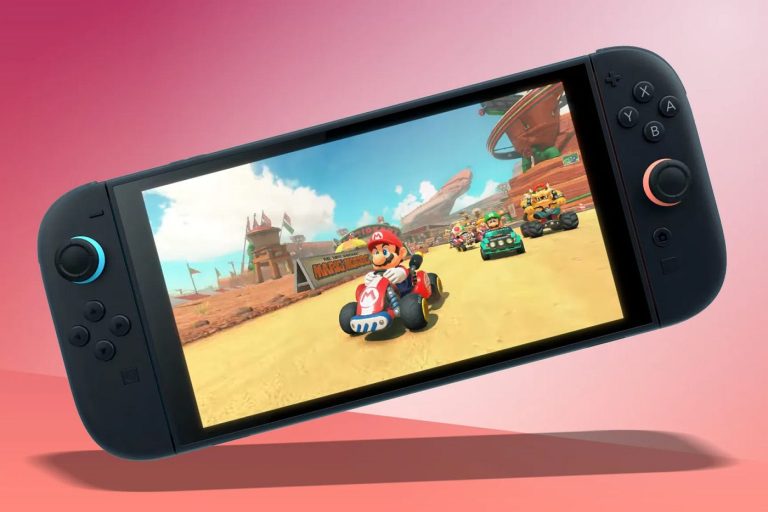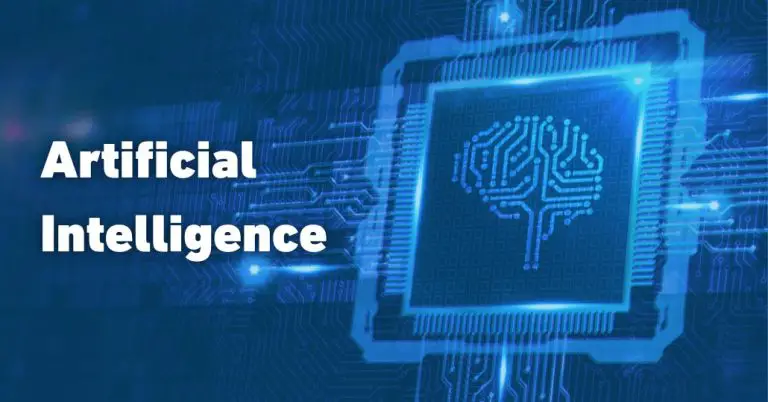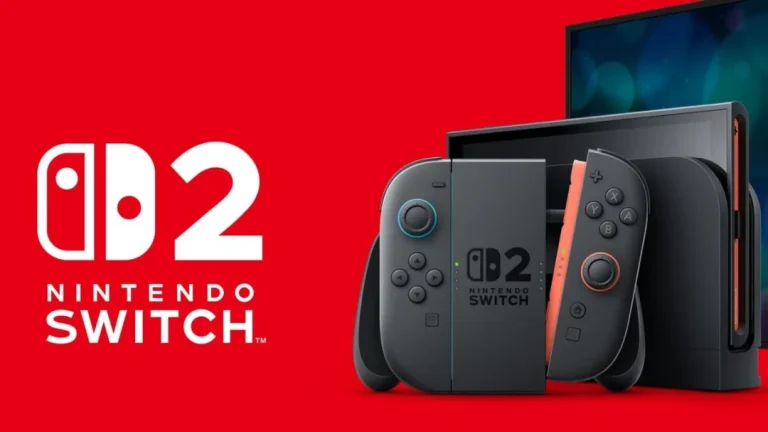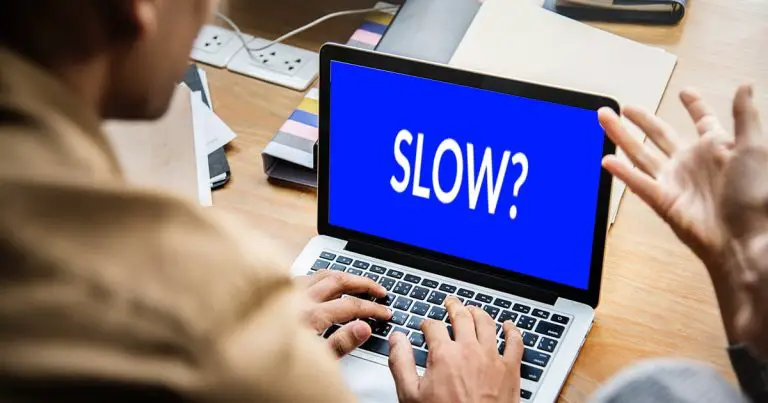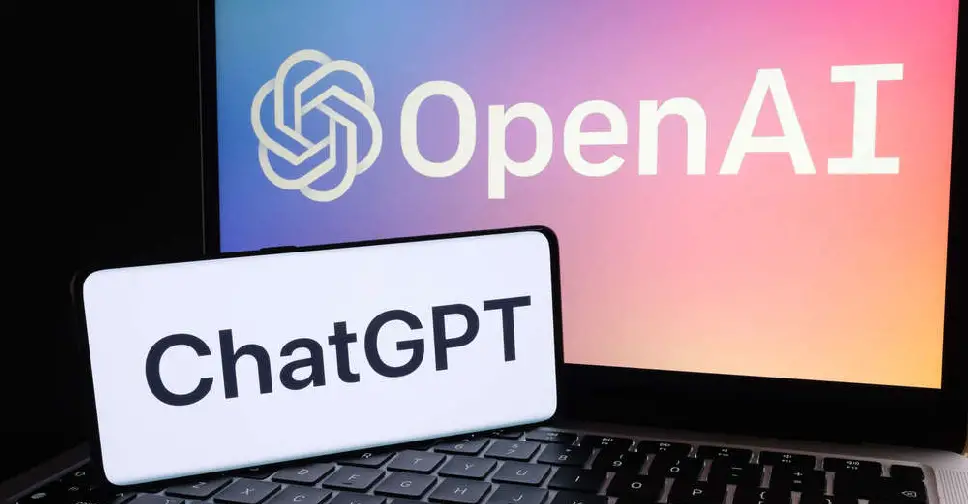
OpenAI’s ChatGPT recently experienced an unprecedented surge in users, fueled by a viral trend of generating Studio Ghibli-style artwork using its AI-powered image tool. Social media was flooded with AI-generated illustrations mimicking the hand-drawn aesthetic of beloved Ghibli effect films like Spirited Away and My Neighbor Totoro.
According to Similarweb, ChatGPT’s weekly active users surpassed 150 million for the first time this year. OpenAI CEO Sam Altman highlighted the spike, revealing that in just one hour, the chatbot gained a million new users, a feat that took five days when ChatGPT first launched. Data from SensorTower showed record-breaking growth in app downloads, in-app purchases, and user engagement, with global app downloads up by 11% and revenue increasing by 6%.
However, the platform struggled under the sudden demand, experiencing glitches, slowdowns, and temporary feature restrictions. OpenAI acknowledged the strain, with Altman cautioning that upcoming updates might be delayed as they work to stabilize the system.
Related articles you may find interesting
Legal & Ethical Debates
While the trend has captivated artists and AI enthusiasts, it has also reignited debates over copyright and artistic integrity. The ability of AI to closely mimic Studio Ghibli’s signature style raises concerns about intellectual property rights. Legal experts point out that while copyright law protects specific works, it does not typically cover artistic styles, creating a legal gray area.
Adding to the controversy, comments from Studio Ghibli co-founder Hayao Miyazaki have resurfaced. Back in 2016, after seeing an early AI-generated animation, Miyazaki expressed his disapproval, calling it “disgusting” and stating that he had no intention of incorporating AI into his creative process.
The Future of AI Art & Copyright
As AI tools become more sophisticated, legal frameworks will need to evolve to address new challenges. Copyright battles have already surfaced in other creative industries, with AI-generated music, literature, and even deep fake videos raising similar concerns. While some see AI as a tool for artistic exploration, others fear it could dilute the value of human craftsmanship.
Regardless of where the debate leads, one thing is clear, AI’s role in creativity is growing fast, and companies like OpenAI will need to navigate both technical and legal challenges as they push forward.

